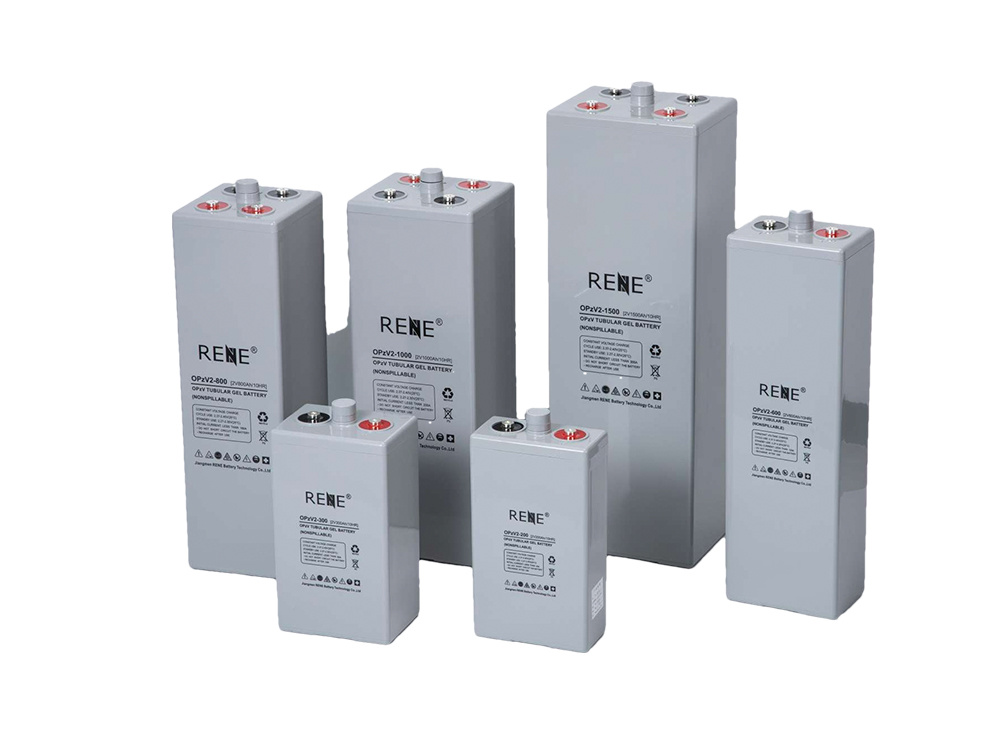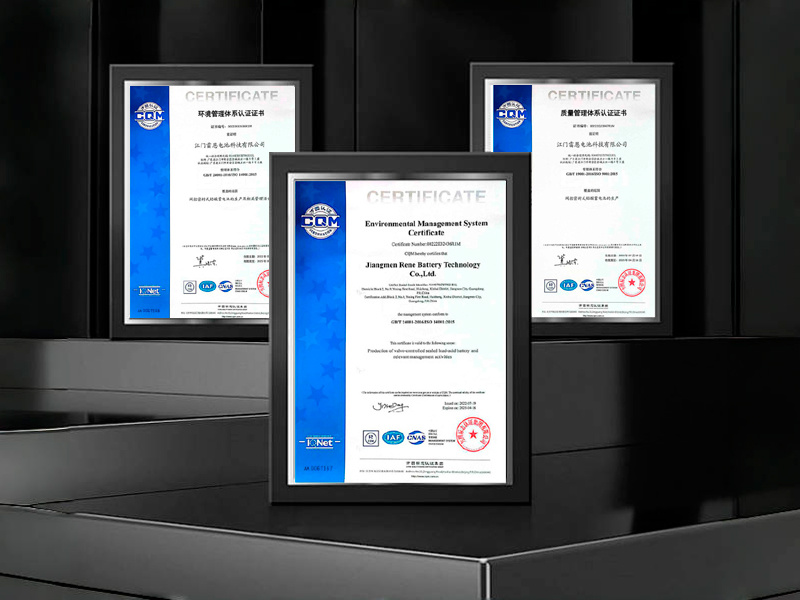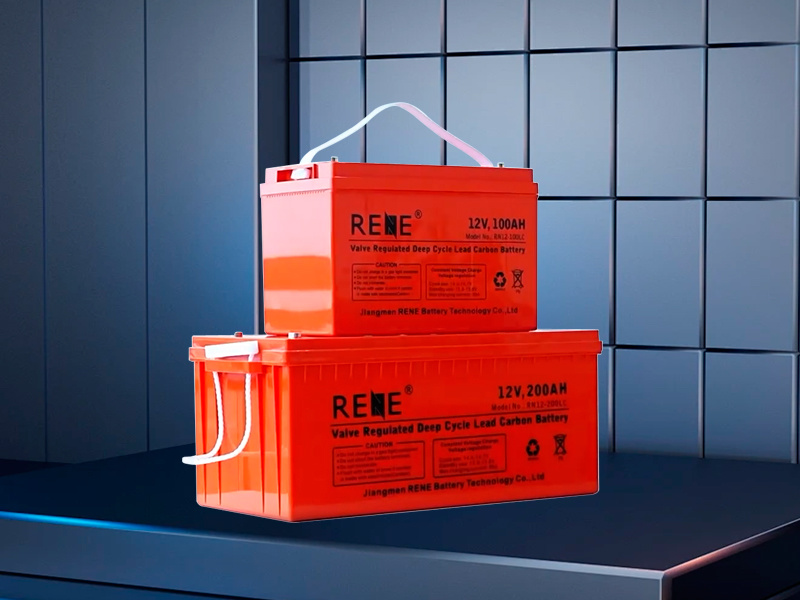Jiangmen Rene Battery Technology Co., Ltd.
Understanding OEM Tubular Batteries: A Comprehensive Guide
2025-06-18
When discussing OEM tubular batteries, it’s essential to understand what they are and how they function within the automotive ecosystem. OEM, or Original Equipment Manufacturer, refers to products made by a company that is intended to be sold under a different brand name. Tubular batteries, specifically, feature a unique design that enhances their performance and longevity, making them a preferred

When discussing OEM tubular batteries, it’s essential to understand what they are and how they function within the automotive ecosystem. OEM, or Original Equipment Manufacturer, refers to products made by a company that is intended to be sold under a different brand name. Tubular batteries, specifically, feature a unique design that enhances their performance and longevity, making them a preferred choice in various applications, including automotive use.
OEM tubular batteries are characterized by their tubular plate design. This structure allows for better energy storage and less active material corrosion compared to flat plate designs commonly used in traditional batteries. The tubular design results in a larger surface area, which significantly boosts the battery’s capacity and efficiency. For automotive applications, this translates into longer-lasting power, essential for starting electric vehicles and supporting other electrical systems.
One of the most notable advantages of OEM tubular batteries is their durability. These batteries are known to withstand deep discharges, making them ideal for vehicles that require substantial energy reserves, such as electric cars or vehicles with advanced electronic systems. Their robust design also enables them to endure extreme weather conditions, ensuring reliable performance whether in sweltering heat or frigid temperatures.
Another vital aspect of OEM tubular batteries is their maintenance requirements. Compared to traditional lead-acid batteries, tubular batteries are designed for minimal upkeep. Many models are equipped with features that prevent water loss and reduce the need for frequent topping up, making them user-friendly and cost-effective in the long run.
In terms of applications, OEM tubular batteries are not limited to just vehicles. They are also used in various sectors, including renewable energy storage, where their efficiency helps in storing energy generated from solar or wind sources. Their versatility makes them a valuable asset in both automotive and non-automotive industries.
Lastly, when considering OEM tubular batteries, it’s crucial to recognize their contribution to sustainability. With the ongoing shift towards electric and hybrid vehicles, investing in high-quality batteries like these can lead to improved vehicle efficiency and reduced environmental impact.
In summary, OEM tubular batteries offer a unique combination of performance, durability, and efficiency, making them an excellent choice for modern automotive applications. Understanding their design and benefits can help consumers make informed decisions when selecting batteries for their vehicles, ensuring optimal performance and longevity.
OEM tubular batteries are characterized by their tubular plate design. This structure allows for better energy storage and less active material corrosion compared to flat plate designs commonly used in traditional batteries. The tubular design results in a larger surface area, which significantly boosts the battery’s capacity and efficiency. For automotive applications, this translates into longer-lasting power, essential for starting electric vehicles and supporting other electrical systems.
One of the most notable advantages of OEM tubular batteries is their durability. These batteries are known to withstand deep discharges, making them ideal for vehicles that require substantial energy reserves, such as electric cars or vehicles with advanced electronic systems. Their robust design also enables them to endure extreme weather conditions, ensuring reliable performance whether in sweltering heat or frigid temperatures.
Another vital aspect of OEM tubular batteries is their maintenance requirements. Compared to traditional lead-acid batteries, tubular batteries are designed for minimal upkeep. Many models are equipped with features that prevent water loss and reduce the need for frequent topping up, making them user-friendly and cost-effective in the long run.
In terms of applications, OEM tubular batteries are not limited to just vehicles. They are also used in various sectors, including renewable energy storage, where their efficiency helps in storing energy generated from solar or wind sources. Their versatility makes them a valuable asset in both automotive and non-automotive industries.
Lastly, when considering OEM tubular batteries, it’s crucial to recognize their contribution to sustainability. With the ongoing shift towards electric and hybrid vehicles, investing in high-quality batteries like these can lead to improved vehicle efficiency and reduced environmental impact.
In summary, OEM tubular batteries offer a unique combination of performance, durability, and efficiency, making them an excellent choice for modern automotive applications. Understanding their design and benefits can help consumers make informed decisions when selecting batteries for their vehicles, ensuring optimal performance and longevity.
Key words:
Previous Page:














